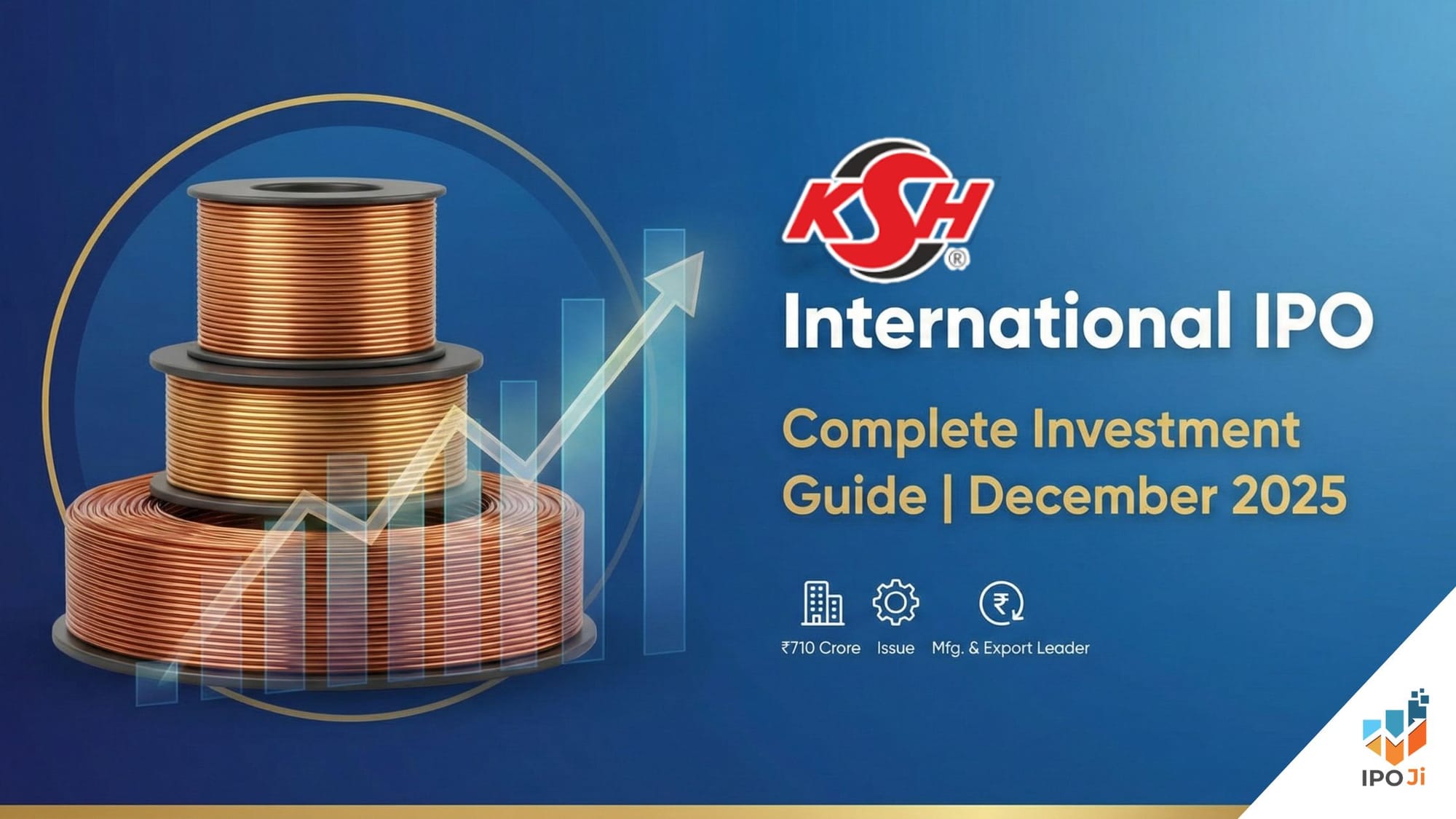List of Current And Upcoming Buybacks Of Shares In 2024
Check out the current and upcoming buybacks in India and buyback news at IPO Central.

What is a Buyback of Shares?
Share buyback, or simply share repurchase, is the mechanism that companies use to reduce the number of outstanding shares in secondary markets, such as stock markets. Again, it must be highlighted that these days, even unlisted startups do share buybacks. In any case, the basic subject matter of this article is all about buying back shares in the listed space.
Share repurchases typically involve buying shares from current stockholders, either in the open market or through a tender offer. In simple terms, buybacks do the opposite of what IPOs do when a company issues shares to investors.
Very often, buybacks are done when the management believes that the price of the stock does not represent the real value of the business. Share buybacks may well be looked upon as catalysts of rising stock prices. Thus, investors could join the share buybacks of fundamentally sound companies to get handsome returns within short spans of time.
What is the need for stock re-purchases? What goals are companies accomplishing by re-purchasing their own stocks?
A company can have several reasons to buy its own stock. The most crucial three are:
- Buybacks enhance the financials of the company as the repurchased shares are generally retired. Due to the reduction in the total outstanding shares, the Earnings per share (EPS) of the company will be enhanced. This cascading impact is then visible in the valuation ratio of Price/AE which the investors monitor periodically.
- Share buybacks are usually sponsored by the management when it feels that the true value of the business is not being correctly reflected in the stock price. A company perceived to be buying its own shares at a premium to market prices usually endears itself with investors. In a nutshell, buybacks tend to act as catalysts to the stock price.
- Companies also undertake stock buybacks in order to distribute excess cash to shareholders. If a company has more cash on hand than it needs to operate the business, it may choose to use some of that cash to buy back its own shares. Against this backdrop, with the Finance Act, 2020, and other changes in the taxability of dividends in the hands of shareholders, investors have begun to prefer buybacks, given the tax benefits associated with this route.
Along with it, investors can participate in buybacks of fundamentally sound companies and can get handsome returns in a short span of time.
FAQs related to Buyback :
- What is entitlement ratio in buybacks?
Entitlement ratio simply defines the minimum ratio of shares that a company would need to purchase from its shareholders. For example, an entitlement ratio of 5/51 means that the company would purchase at least 5 shares from a shareholder who holds 51 shares. Nevertheless, the company may end up purchasing more shares from such shareholders if other investors don't tender their shares. - What is a record date in share buybacks?
The record date determines the eligibility of an investor to take part in a share buyback. An investor intending to get the benefit of a buyback must have the shares in his demat account as of the record date. - In what period can a company conduct a buyback, once approved? Approval for buybacks in India must be granted through a Special Resolution or Board Resolution. A buyback in a company is to be made within 1 year from the date of approval.
- What is the acceptance ratio in stock buybacks?
An acceptance ratio is the number of shares the company accepts to buy back from a shareholder against his or her entitlement.
Read More:




